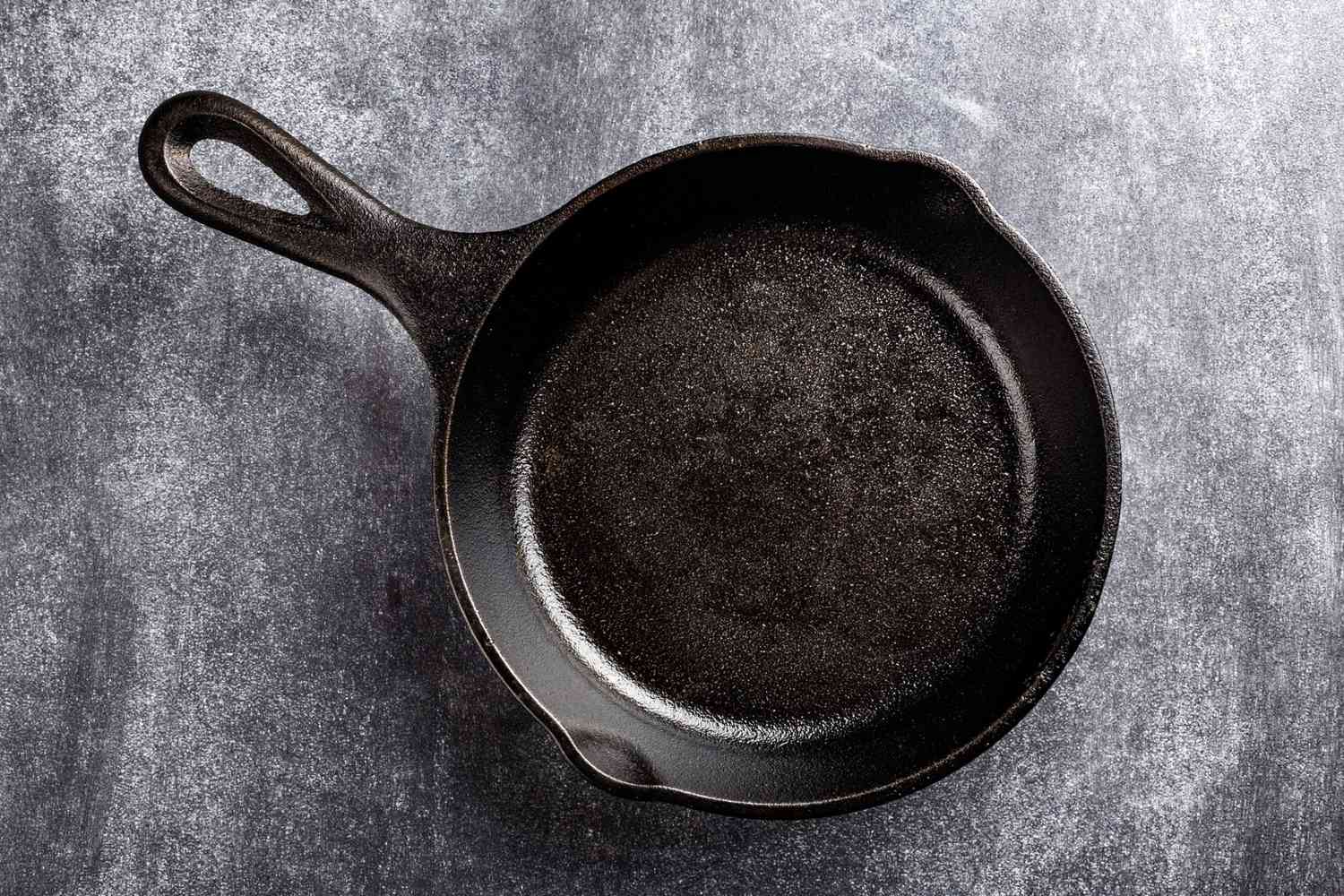Grilling is more than just a cooking method; it's an art form. As kitchen professionals, you know that the right tools and techniques can take your culinary creations to new heights. One essential aspect of maintaining a grill is understanding the best oil for seasoning grill. Seasoning your grill not only protects it from rust but also enhances the flavor of your grilled dishes. In this in-depth article, we'll explore various oils suited for seasoning your grill.
Understanding the significance of proper seasoning might seem like a minor detail, but its impact is monumental. The best oil for seasoning grill can transform your grilling experience, making it smooth and flavorful. This article aims to equip you with knowledge about different oils, their smoke points, and how to season your grill effectively.
:max_bytes(150000):strip_icc()/GettyImages-614986450-2000-f7ac499e535845c2903ff48843e0b142.jpg)
Why is Seasoning Your Grill Important?
Before diving into the oil options, lets discuss why seasoning is crucial.
- Preventing Rust: Seasoning your grill creates a protective layer that inhibits rust formation.
- Enhancing Flavor: A well-seasoned grill can improve the flavor of your grilled steaks, chicken, or vegetables.
- Creating a Non-Stick Surface: Proper seasoning reduces food sticking to the grill grates, making cleanup easier.
Key Factors in Choosing the Best Oil for Seasoning
Selecting the right oil involves considering several factors: smoke point, flavor, and availability. Below are critical elements to help you decide the best oil for seasoning grill.
Smoke Point
The smoke point of an oil is the temperature at which it begins to produce smoke. Oils with a high smoke point are preferable for grilling:
- Canola Oil: Smoke point around 400F
- Grapeseed Oil: Smoke point about 420F
- Avocado Oil: Smoke point approximately 500F
- Flaxseed Oil: Has a lower smoke point but is considered one of the best oils for seasoning cast iron.
Flavor Profile
The flavor of the oil can impact your grilled food:
- Olive Oil: Adds rich flavor but has a lower smoke point.
- Peanut Oil: A neutral oil with a slightly nutty flavor, great for seasoning.
Top Oils for Seasoning Your Grill
Lets highlight the best oils for seasoning grill, detailing why theyre suitable choices:
Canola Oil
Canola oil is widely available and budget-friendly. With a high smoke point of 400F, it's an excellent choice for grilling. Its neutral flavor also wont overpower your dishes.
Grapeseed Oil
Grapeseed oil has one of the highest smoke points and a light flavor, making it perfect for grilling. It's rich in polyunsaturated fats, lending itself well to health-conscious cooks.
Avocado Oil
With an impressive smoke point of 500F, avocado oil is ideal for high-heat grilling. It's packed with healthy fats and offers a light, buttery flavor.
Vegetable Oil
A jack-of-all-trades, vegetable oil is versatile and generally inexpensive. While it has a decent smoke point, it might not provide the best flavor.
Flaxseed Oil
Often recommended for cast iron skillets, flaxseed oil polymerizes when heated, creating a strong layer on the grill. However, its lower smoke point means it should be used carefully.
How to Properly Season Your Grill
Now that we've covered various oils, lets look at the steps for effectively seasoning your grill.
- Clean the Grill: Start with a clean surface; remove any rust or grime.
- Apply Oil: Use a cloth or paper towel to rub the selected oil evenly across the grates.
- Preheat the Grill: Turn the grill on high to heat the oiled grills for about 15-20 minutes.
- Cool Down: Turn off the grill and let it cool down. Repeat this process periodically to maintain seasoning.
Maintaining Your Grill's Seasoning
Proper maintenance is key for extending the life of your grill and ensuring great flavors. Its recommended to season your grill every few months, or more often if you use it frequently.
Common Mistakes to Avoid When Seasoning Your Grill
Even seasoned cooks can make mistakes. Here are common pitfalls to avoid when seasoning:
- Not Cleaning Thoroughly: Residue from previous meals can interfere with the seasoning.
- Using Oils with Low Smoke Points: They can create a sticky residue instead of a smooth coating.
- Overheating the Grill: Excessive heat might warp the grates or damage the seasoning layer.
Conclusion
Choosing the best oil for seasoning grill is crucial in maintaining your grill, providing a delicious flavor to your dishes, and ensuring longevity. Oils like canola, grapeseed, and avocado are excellent options, but always consider your specific grilling needs. Regular seasoning and maintenance will enhance your grilling prowess.
For more tips on grill seasoning, you can explore additional resources such as best oil for cast iron and how to season cast iron.

Frequently Asked Questions
1. How often should I season my grill?
It's advisable to season your grill every few months or more frequently depending on usage.
2. Can I use olive oil for seasoning my grill?
While you can use olive oil, its lower smoke point makes it less ideal for high-heat grilling.
3. Is it possible to over-season my grill?
Yes, over-seasoning can lead to a sticky residue which compromises the grilling surface.
As an Amazon Associate, I earn from qualifying purchases.






Leave a comment
This site is protected by hCaptcha and the hCaptcha Privacy Policy and Terms of Service apply.